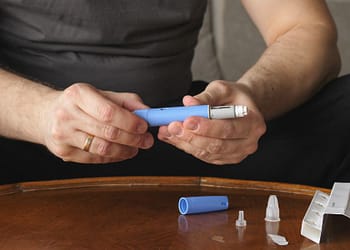In an effort to contain the spread of monkeypox (mpox), the World Health Organization (WHO) and its associates have activated for the first time, the Global Health Emergency Corps. This platform is designed to provide technical and logistical support to countries affected by public health emergencies.
The Global Corps, created in 2023 following lessons learned from the COVID-19 pandemic, brings together experts in health emergencies. Its aim is to optimize the response to outbreaks and improve coordination between health professionals in different countries.
WHO activates a Global Body for Mpox
Dr Mike Ryan, Executive Director of WHO’s Health Emergencies Programme, stressed the importance of an integrated approach. This includes case detection, contact tracing and targeted vaccination. “WHO and its partners are supporting the Government of the Democratic Republic of the Congo and other countries to implement an approach that spans from clinical care to population mobilization,” said Ryan.
The activation of the Global Task Force comes after WHO Director-General Dr Tedros Adhanom Ghebreyesus declared MPOX a public health emergency of international concern on 14 August 2024. Eighteen African countries have reported cases this year, and the spread of clade 1b of the virus has raised serious concerns about its expansion.
Capacity Assessment in Affected Countries
In collaboration with the International Association of National Public Health Institutes, the Global Corps is assessing the capacities of emergency personnel in eight affected countries, focusing on the Democratic Republic of the Congo and Burundi. So far, 22 areas requiring reinforcement have been identified, including epidemiology, surveillance and infection prevention.
WHO has coordinated the deployment of 56 experts to the affected areas until 17 October. This includes WHO staff and volunteers from the Global Outbreak Alert and Response Network (GOARN). This effort is complemented by the participation of African professionals, ensuring that the response is rapid and appropriate to the local context.
The Importance of International Coordination
Dr Abdou Salam Gueye, WHO Regional Director for Emergencies for Africa, stressed that “the dedication and experience of trained professionals are essential to save lives and strengthen health systems in the face of future threats.” In this regard,, Coordination between different countries and organizations is crucial to stop the spread of MPOX and improve global response capacity.
GOARN is working to compile and categorise bilateral support from partners to affected countries. This ensures that the necessary material and funding are in place to address the crisis.






